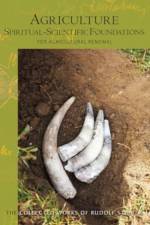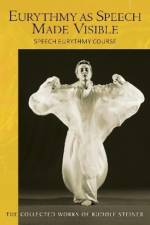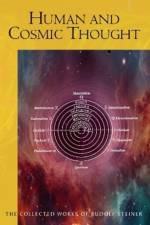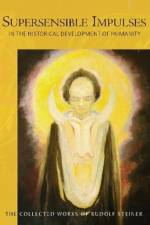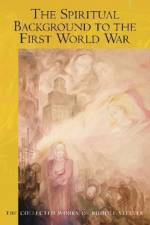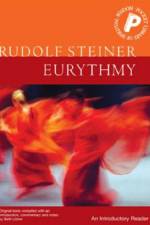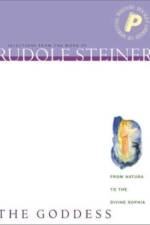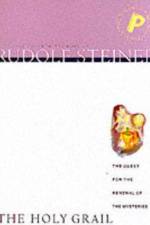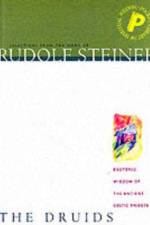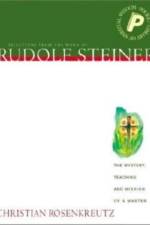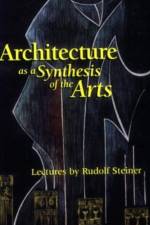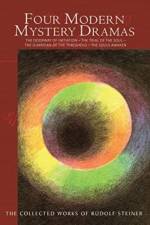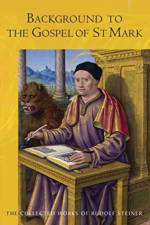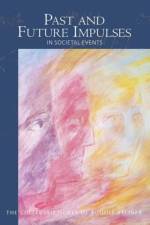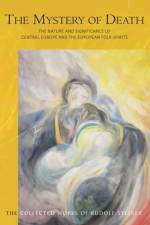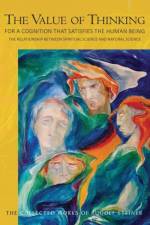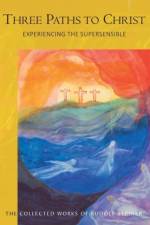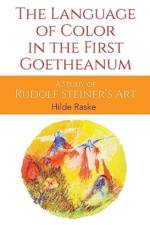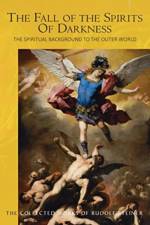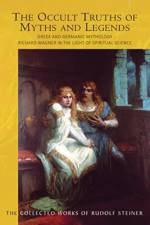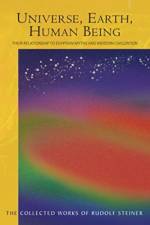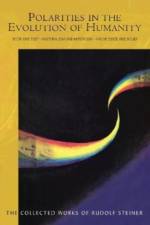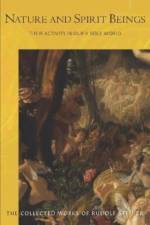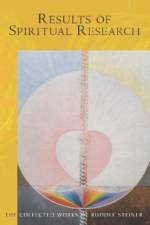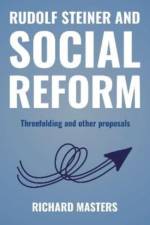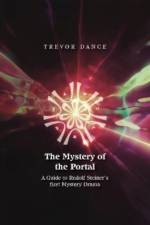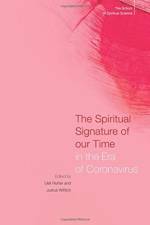av Rudolf Steiner
299,-
14 lectures, Dornach, September 29 - October 28, 1917 (CW 177) Speaking toward the end of the catastrophic World War I, Rudolf Steiner reveals the spiritual roots of the crises of today. Since 1879, human minds have been influenced by backward angels, he says, "spirits of darkness," who--following their defeat in battle with Archangel Michael--were forced out of the heavens and "fell" to earth. That war in the spiritual worlds has had consequences, and it is essential for us today to become sufficiently awake to the retrogressive influences surrounding us. In a positive sense, we can choose freely to engage with the spirits of light, who seek to emancipate humankind from bonds of race, nation, and blood. In this extraordinary series of lectures, Steiner sheds light on hidden aspects of world affairs. The Bolshevik Revolution was a recent event when he discussed events in Russia and humanity's attempts to build a theoretically ideal social order. Steiner also speaks in these lectures about the roles and spiritual backgrounds of significant individuals, including Johann Valentin Andreae, Vladimir Solovyov, Louis Claude de Saint-Martin, and American and British politicians Woodrow Wilson and Lloyd George, as well as world-renown figures such as Charles Darwin and Goethe."In earlier times, the elemental spirits of birth and death essentially served the divine spirits who guided the world; since our day--and this has been going on for some time now--the elemental spirits of birth and death are serving technology, industry, and human commerce. It is important to let this disturbing truth enter our souls with all its power and intensity." -- Rudolf Steiner (lecture 4)This new edition of features a revised translation, notes, and extensive appendices by Frederick Amrine and a new introduction by Christopher Schaefer.This volume is a translation from German of Die spirituellen Hintergründe der äußeren Welt. Der Sturz der Geister der Finsternis. Geistige Wesen und Ihre Wirkung, Band I, Dornach, 1999 (GA 177). Cover image San Michele sconfigge gli angeli ribelli (ca.1666), by Luca Giordano (1660-1665), Kunsthistorisches Museum, Vienna.

